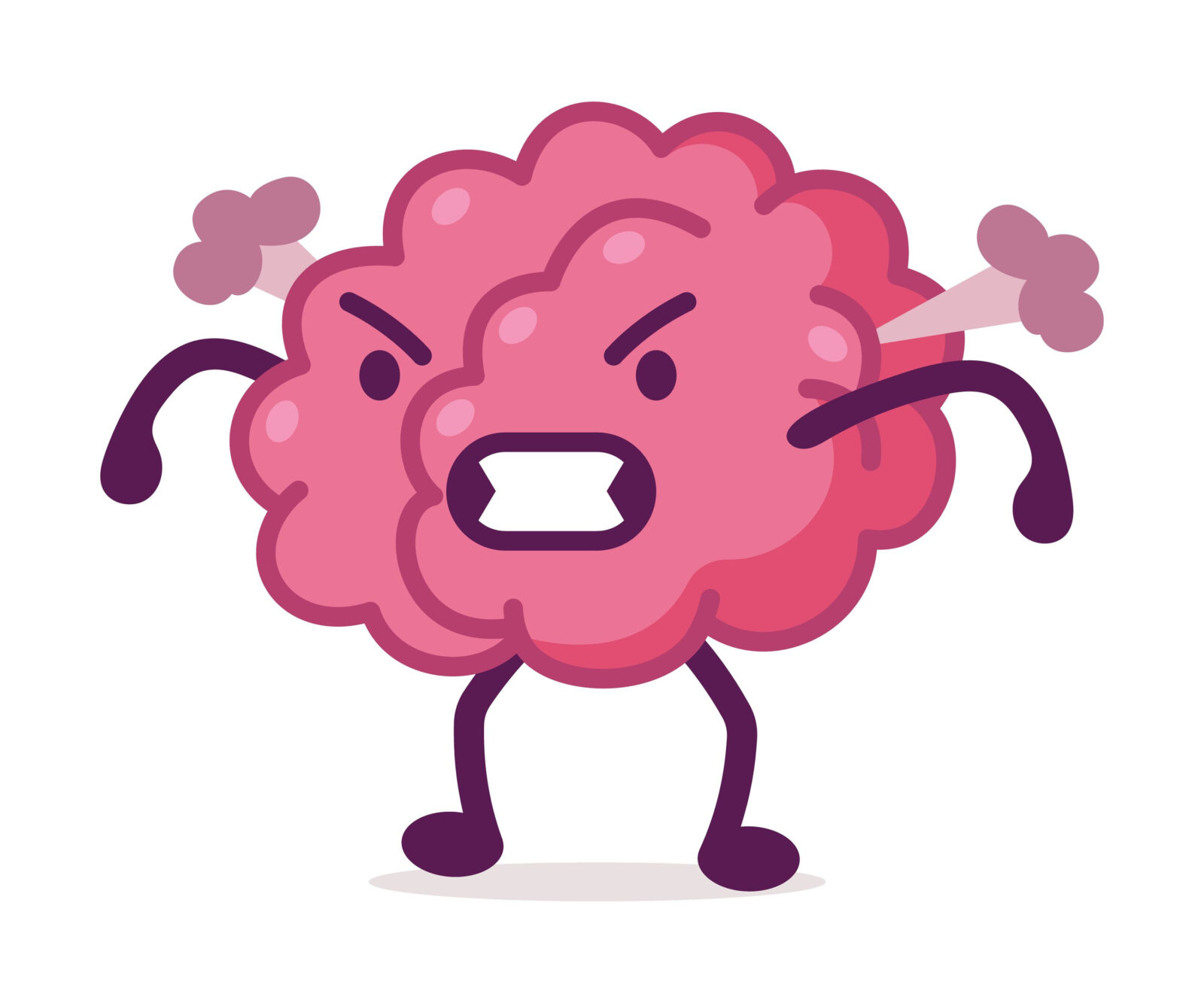
Have you ever looked back on an interaction you had with regret and feeling guilty and about what you said or did?
You probably reacted instead of responding. So, what's the difference?
Reactions happen instantly and without careful consideration. This is entirely appropriate when you're in danger. For example, if someone quickly approaches you while you're out for a walk and to protect yourself you push them away or curse at them.
The more typical situation occurs in a conversation or argument. The other person says something and without thinking or taking a moment, you react. This may come in the form of yelling, not listening and defending your position, interrupting, piling on other unrelated concerns and "you" statements, which is when you blame the other person.
The reptilian brain is responsible for these automatic reactions. It's the part of the brain that evolved first and its function is to keep us safe. This is our fight or flight state.
In a heated conversation or argument, it's common to think that you need to "think on your feet" or figure everything out right on the spot, but that's rarely necessary. It's also impossible. When stress chemicals are pumping through our bloodstream and away from our "thinking brain" a sensible outcome is unlikely.
Since we now have a prefrontal cortex, our "newer" upper brain, (responsible for clarity of thought, controlling impulses, regulating emotions and decision making) we can take a more methodical approach and mindfully respond. But this does take effort and practice.
The truth is, in general, we've not been taught that it's okay to take a beat and come back to the conversation when we're better emotionally equipped to work towards conflict resolution.
Responding is a methodical approach where we can express our point of view and how we feel, listen to the other person and carefully consider our next move. Once you have an awareness of what you'd like to change, you can choose to respond in a more skillful way.
Here's what you can do to begin the process of responding:
Stop and do nothing/say nothing. This might feel odd at first, but it is an important first step to changing the pattern.
Change your environment. Leave the room, take a walk outside and/or count to 50.
Self-regulate. Deep breathing will help bring your nervous system back to parasympathetic mode, which is "rest and digest" (try longer exhalations than inhalations). That's when blood flow is restored to the prefrontal cortex and you'll feel calmer.
When you know that you're ready to return to a conversation, try the following:
Be mindful of tone of voice and body language. Research tells us nonverbal communication accounts for 93% of our conversation.
Use "I" statements. "I" statements are an important component of assertive communication. Research shows that when you talk about yourself and your feelings, the other person is less likely to feel attacked and more likely to be receptive to what you're saying.
Example: "I feel frustrated when you interrupt me, please stop doing it." (This works better than, "You're always interrupting me, I hate when you do that, you never listen to me!"
As an ongoing strategy, you can practice mindfulness. Using formal mindfulness (meditation) and informal mindfulness (awareness on purpose while doing any activity). helps to create a more adaptive and flexible nervous system.
Informal mindfulness entails using all five senses to allow yourself to be fully present in the moment and notice what's happening. For example, on a walk, you notice what you're seeing, hearing, touching (clothing against your skin) smelling and tasting. When your mind wanders to your to-do list or anything else, you gently bring it back to your five senses.
Just like I always say, it takes practice and repetition to create a new habit. When we put the time and energy in, it gets easier as we continue. This is because during this process, we are creating a new neural pathway in the brain. This means we will more easily default to our new skill as opposed to being on autopilot with our unconscious actions.
You can keep track of your progress by writing down your successes as a form of acknowledgment and give yourself a pat on the back for doing the work! Make note of what you'd like to improve next time around. Keeping that in your awareness will facilitate the changes you want to make.
Want the Relieve Your Anxiety free download?
Four effective tools to start using for immediate relief!
